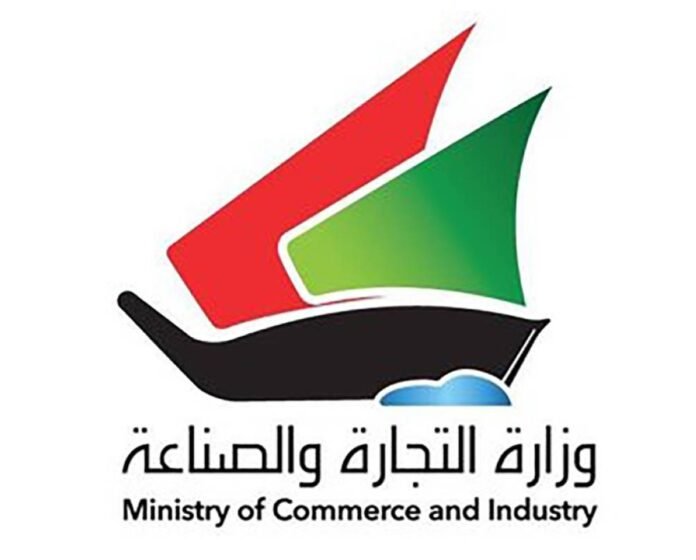Kuwait’s Minister of Commerce and Industry, Khalifa Al-Ajeel, urged the creation of a unified legal framework for the delivery sector. He emphasized that digital transformation, transparency, and fair competition are vital for the sector’s growth. The minister explained that the delivery industry has become a key driver of economic activity.
Al-Ajeel chaired a meeting with delivery company owners and Competition Protection Authority representatives to discuss regulatory improvements. He stated that the ministry, backed by the Council of Ministers, seeks to simplify procedures and remove operational challenges. These steps aim to create a more flexible business environment and stimulate investment while protecting consumer interests.
The minister highlighted that any new regulatory framework will prioritize consumer rights. Clear standards will ensure service quality and transparency. Oversight mechanisms will allow consumers to submit complaints and feedback, increasing confidence and promoting fair practices.
Representatives from the Competition Protection Authority announced plans to run workshops for delivery company staff. The sessions will familiarize them with regulations and foster a culture of compliance. Company representatives also shared operational challenges and expressed readiness to cooperate with authorities to develop the sector.
Meanwhile, Kuwait’s Ministry of Interior has made major strides in digital transformation. The ministry shifted from paper-based processes to smart electronic services, completing transactions in minutes. This effort aligns with the fifth pillar of Kuwait’s New Kuwait 2035 vision, aiming for a connected, transparent, and efficient government.
Since Sahel’s launch, the ministry recorded over 30 million e-transactions. It offers 37 services, including residency renewals, visa issuance, driver’s license renewals, travel ban inquiries, and traffic violation payments. Automated alerts notify users about license expirations, vehicle registrations, and pending violations.
An appointment booking system now serves over 19 departments, reducing wait times and improving coordination. The new Kuwait Visa electronic platform supports tourism, business, and government visa issuance, strengthening Kuwait’s regional role.
The ministry also advanced security through the Biometric Fingerprint project, building a database of more than five million citizens, residents, and visitors. This system enhances crime prevention, identifies wanted individuals, and speeds up deportation processes. Digital data is now linked across state ministries to improve service delivery.
Additionally, smart unmanned marine vessels were introduced by the Coast Guard. Traffic monitoring now employs AI technologies and smart cameras, enhancing road safety. Official data show traffic violations fell by 16 percent, accidents decreased by 45 percent, and fatalities dropped 34 percent during the first half of 2025.


